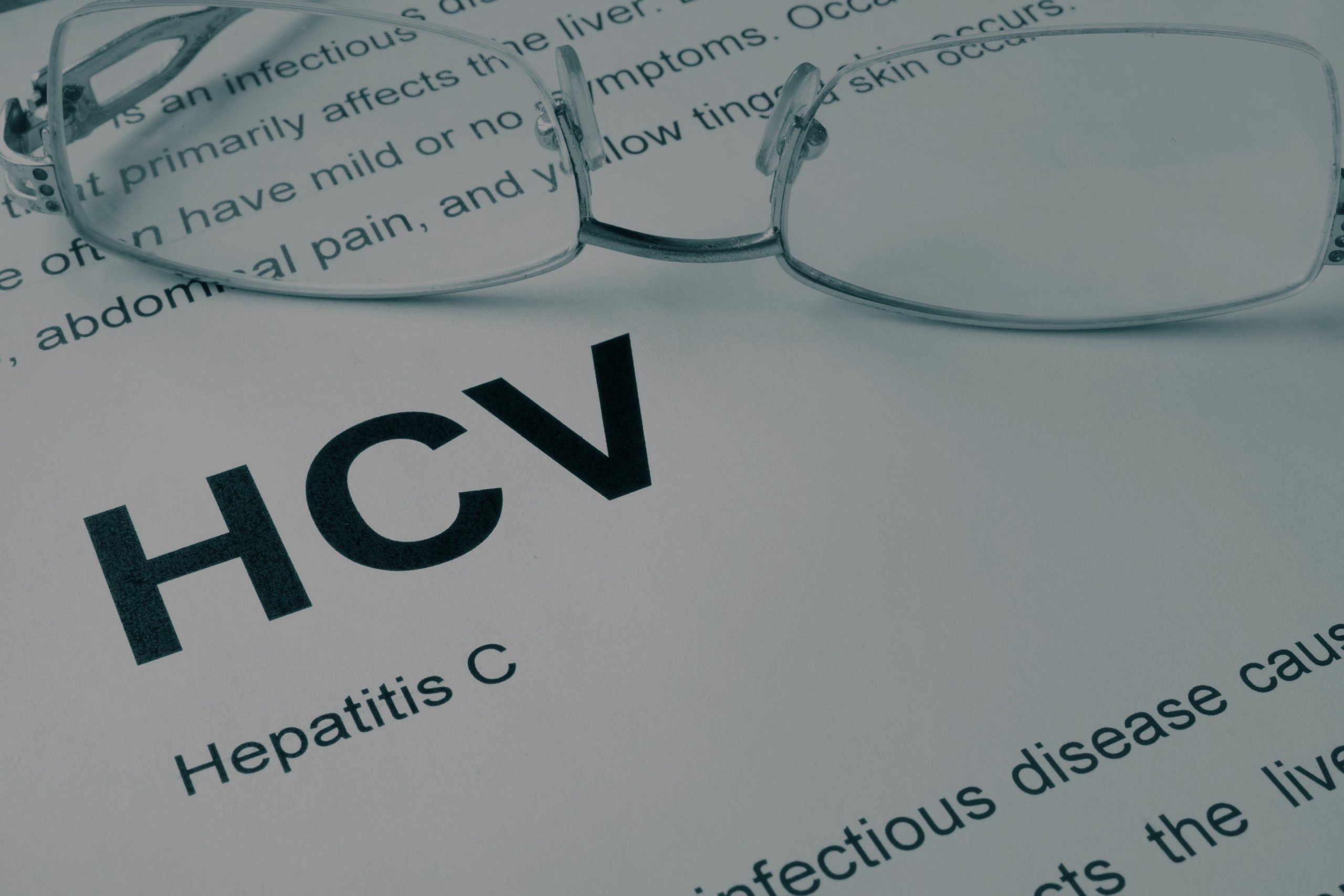
Alabama Medicaid removes sobriety requirements for hepatitis C treatment
FOR IMMEDIATE RELEASE
Alabama Medicaid removes sobriety requirements for hepatitis C treatment
Eliminating the hurdle of abstinence is a big win for people in Alabama with substance use disorders and their health
WASHINGTON, D.C. (October 19, 2022) – The Center for Health Law and Policy Innovation of Harvard Law School (CHLPI) and the National Viral Hepatitis Roundtable (NVHR) applaud Alabama Medicaid’s decision to remove its previous sobriety requirements for individuals seeking hepatitis C treatment. Earlier this year, CHLPI joined forces with AIDS Alabama to file an administrative complaint with the U.S. Department of Justice saying the state’s requirement for abstinence as a prerequisite to hepatitis C treatment violated the rights of people who use drugs.
“Previously, Alabama’s Medicaid program imposed one of the harshest substance use restrictions in the nation on people seeking hepatitis C treatment,” said Suzanne Davies, a clinical fellow at CHLPI. “The new policy is a welcome change that will enable Alabamians with hepatitis C to access lifesaving treatment regardless of whether they are disabled due to substance use disorder.”
More than 30,000 Alabamians are currently living with hepatitis C, according to an estimate from HepVu. Left untreated, those infections cause liver inflammation that regularly leads to liver cancer and other potentially fatal complications.
Direct-acting antivirals, which have been available since 2013, cure most HCV infections within 8 to 12 weeks, but administrative processes and arbitrary treatment eligibility requirements hinder access to these lifesaving drugs throughout the U.S.
Alabama joins 32 other jurisdictions across the nation who do not impose substance use requirements for hepatitis C treatment. Still, the barrier of prior authorization looms large in Alabama and the majority of U.S. states, a stumbling block that poses serious concerns for the country’s momentum with hepatitis C elimination.
“For too long the substance use requirement interfered with providers’ ability to offer patients with hepatitis C the medical standard of care,” said Adrienne Simmons, director of programs at NVHR. “By ensuring that people who use drugs have access to lifesaving therapy, Alabama will help stem the tide of liver cancer and health inequities in the South.”
For more information about hepatitis C treatment access barriers, please visit www.stateofhepc.org. View the Hepatitis C: State of Medicaid Access 2022 national summary report here.
###
About the Center for Health Law and Policy Innovation of Harvard Law School (CHLPI)
The Center for Health Law and Policy Innovation of Harvard Law School (CHLPI) advocates for legal, regulatory, and policy reforms to improve the health of marginalized populations, with a focus on the needs of low-income people living with chronic illnesses and disabilities. CHLPI works to expand access to high-quality health care; to reduce health disparities; to develop community advocacy capacity; and to promote more equitable and effective health care systems. CHLPI is a clinical teaching program of Harvard Law School and mentors students to become skilled, innovative, and thoughtful practitioners as well as leaders in health and public health law and policy. For more information, visit www.chlpi.org.
About the National Viral Hepatitis Roundtable (NVHR)
The National Viral Hepatitis Roundtable, an initiative of HEP, is a national coalition fighting for an equitable world free of viral hepatitis. NVHR seeks to eliminate viral hepatitis in the United States and improve the lives of those affected through advocacy, education, and support to national, state and local partners. For more information, visit www.nvhr.org.
MEDIA CONTACTS
Jenni Todd: (206) 412-3845
j.todd@hepeducation.org
Kyra Sanborn: (617) 496-1507
ksanborn@law.harvard.edu
